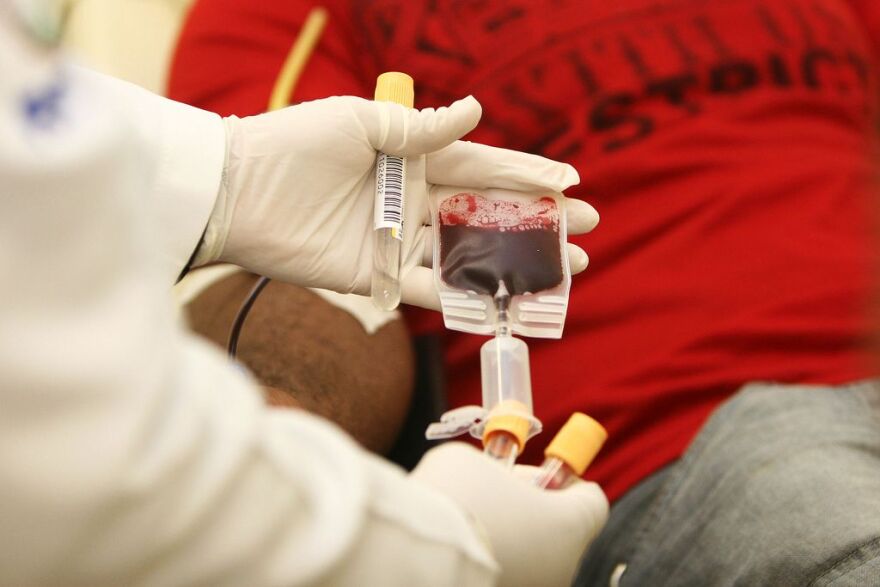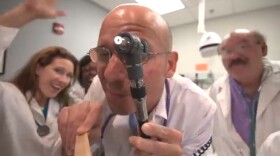Are you about to have a medical procedure? Have you chosen a provider yet? Before you do, you might consider taking a look at what the procedure will cost. Blue Cross-Blue Shield of North Carolina now has an easy online tool to help you do just that.
We used the tool to search for a variety of common procedures. The user can enter a town or zip code, and the number of miles s/he is willing to travel.
We searched procedures and providers within 25 miles from Chapel Hill, where our studios are located. Here's what we found:
Cataract removal
Low: $88
High: $10,613
Laparoscopy Appendectomy
Low: $9,513
High: $12,294
Digital Mammogram
Low: $100
High: $343
Spokeswoman Michelle Douglas says the online cost estimator includes the total costs of 1,200 non-emergency procedures.
"Rather than giving people piecemeal bits of information, which is what they may have had access to in the past, we can give them a sense of what the entire procedure might cost," says Douglas.
The tool clearly shows that sticker prices vary enormously. Patients can end up paying thousands of dollars difference for the same procedure, depending on where they're treated. Douglas says this should allow people to shop around, and ask relevant questions of their doctors.
For example, customers might pay about $2,400 dollars for an angioplasty with a private physician in Cary, while Duke University Hospital charges an average of $10,000 more.
Many factors influence cost, and the insurance company hopes that cost transparency will help bring costs down.
'When consumers have more information, we believe that they make decisions that are in their benefit.'
"When consumers have more information, we believe that they make decisions that are in their benefit, and also help bring down the overall cost of healthcare, which is good for everyone," says Douglas
Lynn Quincy is a health care advocate for the Consumer's Union. She says there's tremendous variation in what providers charge throughout health care system, even beyond North Carolina.
"In many cases, consumers are probably paying too much," says Quincy. "Or, put another way, providers might be charging too much. But it's hard to know unless we start getting more information that allows us to benchmark what those charges are."
Quincy says the health care industry is trending toward greater transparency. She says she hopes a fair price standard will emerge for these treatments.











